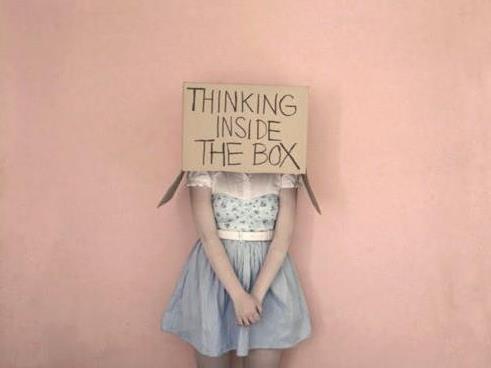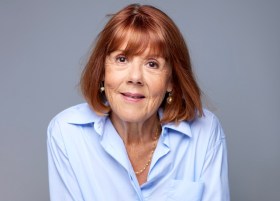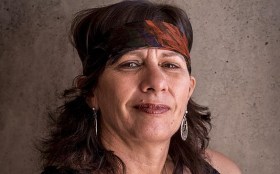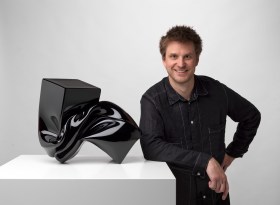Image: CC
For easily two decades now we have been nurturing artists into a glossy future of professional practice. An artist’s tool kit today should not only include gesso and a good screw gun but also include a website, social media presence, a business card, and solid writing skills to be able to communicate their work and extends its visibility.
Simply you are expected to be publicist, marketer, entrepreneur – oh and make things.
I suppose I am part of the machine that feeds that – I regularly say to artists in writing workshops: ‘Today an artist can no longer sit back on the old laurel “Let the art speak for itself” We are a world today spinning on words and we must learn how to communicate’.
But in this manic push to be seen and to be “professional”, there is a quiet push back by some artists who refused to be relegated to “a brand”.
Artist Mikala Dwyer said simply: ‘I worry about that word, “professional”.’
Read: Emerging artists: too much too early?
Dwyer said some artists were now becoming so concerned with career development that their art suffers.
‘I just see a lot of artists seeing professionalism as the way to go and they lose site of the hard task of actually being with the work and letting the work develop in its own time and space.’
Aida Tomescu has similar concerns. In a previous interview on the occasion of her exhibition Eyes in the Heat, which celebrated 35 years of painting and her 60th birthday, she said success was more about practice than professional development.
She said that if you want to be a professional artist you need to get into the studio every day. ‘With painting, the more you give it the more it needs. If you give it seven days a week it needs nine. If you give it ten hours a day it needs twelve. It’s a business – the business of painting,’ said Tomescu.
Read: Seven life lessons for artists
While professions typically demand a clarity of purpose,Tomescu said art needs to be open to not knowing.
‘When you are in the midst of it is like going down the mines: you don’t know the way out. The important thing is that it is good not to know it – the way out that is. It is good for the painting but it is very unsettling for the artist.’
Both Dwyer and Tomescu prefer the concept of seriousness of practice to the idea of being a professional.
‘To be really serious about your work you have to be unprofessional at time, like when a gallery asks you to repeat a work because it sold and you say “fuck off”. People would say that is being unprofessional, but that is professionalism. You have to be hardcore about your work,’ said Dwyer.
‘Too many young artists today are too worried about getting the work to a gallery, before the work has even time to grow,’ Dwyer told ArtsHub.‘Professionalism is a word that should get left right out of it,’ she added emphatically.
Her words are comfort to some emerging artists who feel the pressure of the career path.
Artist Rosie Deacon said of Dwyer’s comments: ‘It makes me more relaxed hearing that. ‘I guess I worry about those things – about being professional, answering emails and being able to speak about your work. But people can see if you are serious or not within your work,’ said Deacon.
Dwyer makes it clear that not getting caught up in the ‘professional’ label is in a no way a license to doing precisely what you want.
‘If an artist is really engaged with the work, they will turn up on time, they will be there caring how the work is installed, they will enjoy talking about it because they are so committed to the work – that is “professionalism” but it that is entirely driven by their commitment to the work.’






